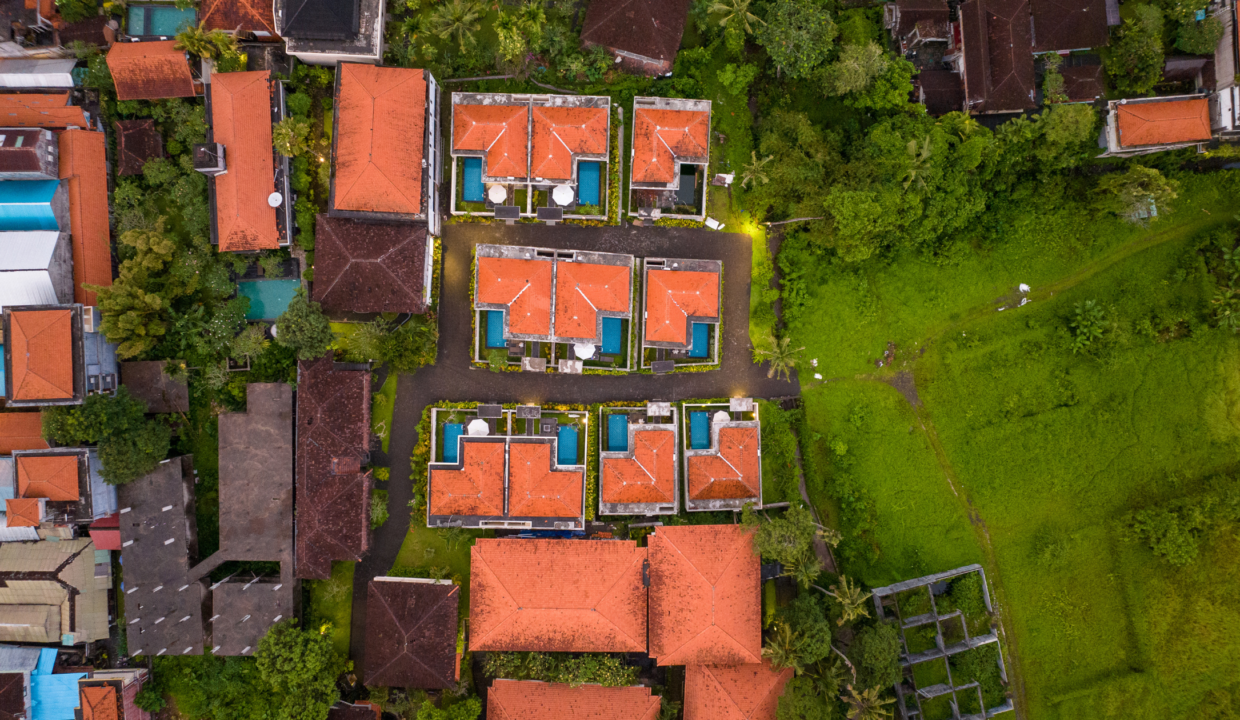
Spatial planning regulation in Bali plays a crucial role in maintaining the island’s unique environment and cultural heritage. Recently, the Police Chief addressed significant concerns regarding compliance with these regulations, particularly in light of the controversial case involving PT. Parq Ubud Partners.
This case highlights the urgent need for developers to adhere to zoning laws, especially when it comes to protected agricultural lands. As Bali continues to attract investment and development, understanding these regulations becomes essential for sustainable growth and community well-being.
The Parq Ubud Case: A Breach of Regulations
The controversial Parq Ubud case has brought significant attention to recent violations of Bali’s spatial planning regulations. The construction of a villa, spa, and farm on protected agricultural land has sparked discussions about the consequences of land conversion.
The Bali Regional Police Chief, Inspector General of Police Daniel Adityajaya, emphasized the importance of compliance, stating, “Investment in Bali or Indonesia is welcome for progress. However, there are regulations that must be followed. That land (Agriculture Land) cannot have a single building erected on it. Construction of villas and similar developments should not be allowed, as this will disrupt the ecosystem.”
This concern is further explained by Nusakti Yasa Wedha, the Head of the Public Works, Spatial Planning, Housing, and Settlement Areas Office of Bali, who noted that “changes in land use and development that do not consider spatial planning result in a reduction of water absorption areas and increase the risk of landslides.”
This case serves as a critical reminder of the need for strict adherence to spatial planning regulations to protect Bali’s environment and prevent future disasters.
Importance of Compliance with Bali’s Zoning Laws
Compliance with Bali’s spatial planning zones is crucial for maintaining the island’s ecological balance and cultural integrity. Developers and investors must adhere to these regulations to avoid serious consequences.
These include hefty fines, project delays, the complete shutdown of developments or even criminal offense charges. Non-compliance not only threatens the environment but also undermines the sustainable growth that Bali aims to achieve. Below are the key zones defined in Bali’s spatial planning:
- Green Zone:
Designated for agricultural activities and open spaces, this zone aims to preserve natural landscapes and biodiversity. Development is highly restricted to maintain ecological balance.
- Yellow Zone:
Primarily intended for residential areas and low-density housing, this zone allows for community development while ensuring adequate green spaces. Development must adhere to specific guidelines to prevent overcrowding.
- Red Zone:
Reserved for high-density urban development and commercial activities, this zone is typically located in urban centers where infrastructure can support increased population and business activities. Strict regulations are in place to manage environmental impact.
- Pink Zone:
Designated for tourism-related developments, such as hotels and resorts, this zone aims to promote sustainable tourism while protecting cultural heritage.
- Orange Zone:
Intended for mixed-use developments, combining residential, commercial, and recreational spaces, this zone encourages integrated community living while maintaining accessibility to essential services.
Understanding these zones is essential for ensuring that any development aligns with Bali’s vision for sustainable growth and environmental preservation
Protecting Bali with Responsible Development
Bali’s spatial planning regulations are vital for protecting the island’s environment and cultural heritage. By understanding and adhering to the designated zones—Green, Yellow, Red, Pink, and Orange—developers can promote sustainable growth while avoiding fines and project delays.
Balancing development with conservation is essential for preserving Bali’s natural beauty and supporting its communities. Committing to responsible practices ensures that Bali remains a vibrant and sustainable paradise for future generations.
Navigating Spatial Planning Regulation in Bali
Don’t let the complexities of zoning laws hold you back from your property investment or construction project. At Seven Stones Indonesia, our expert team is dedicated to guiding you through every step of the process, from zoning checks to securing building permits.
Contact us today to ensure your project is compliant and set up for success. Let us help you avoid costly mistakes and focus on bringing your vision to life in beautiful Bali!
Source: antaranews.com, baliexpress.jawapos.com
Image: Getty Images
